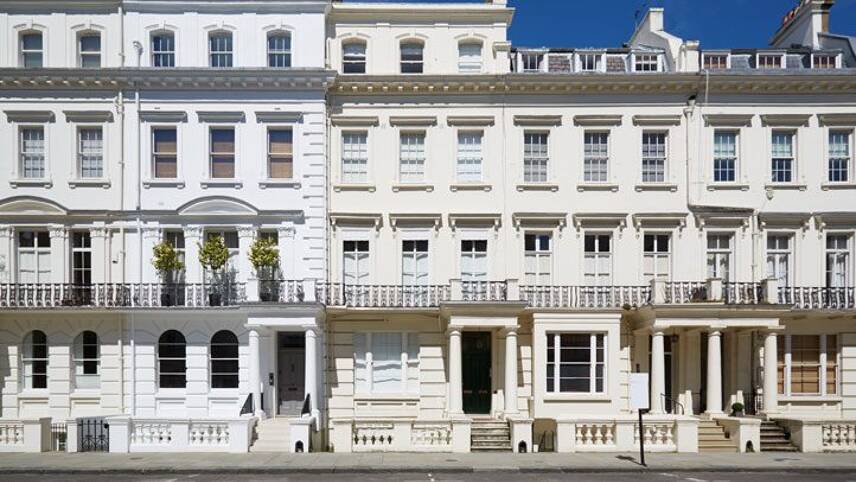Register for free and continue reading
Join our growing army of changemakers and get unlimited access to our premium content

Cadogan has signed the Better Building Partnership Climate Change Commitment and will publish a pathway to net-zero emissions in due course
Cadogan’s new ten-year plan aims to deliver a positive and sustainable built environment across the 90-acre estate in Chelsea.
With the built environment accounting for 40% of global emissions, Cadogan is the latest firm in the sector to commit to net-zero ‘across its scope of influence’. The new strategy has been launched following local consultations with local residents and businesses.
Cadogan’s chief executive Hugh Seaborn said: “We take pride in the active role we play in shaping this remarkable neighbourhood. Although work on the Chelsea 2030 strategy began over two years ago now with an extensive community consultation, I feel it could not be launching at a more important time to ensure that we are contributing to a more sustainable future. It has never been more obvious that we must work together to build the city – and the quality of life – that we want for ourselves and our children.”
As part of the net-zero ambition, Cadogan has signed the Better Building Partnership Climate Change Commitment and has published a pathway to net-zero emissions. The pathway is expected to reduce emissions by 40% compared to 2019 levels. Offsetting will also be used to reach net-zero.
The company’s Chelsea 2030 Stewardship Strategy outlines 12 new targets across the CSR spectrum.
On waste, Cadogan has committed to send zero commercial, operational and non-hazardous construction waste to landfill and reuse or recycle at least 90% of commercial, operational and construction waste.
Additional targets include 80% of suppliers to deliver by zero-emission transport by 2030, all service bays and residential parking lots to have electric vehicle (EV) charging by 2025 and new developments to include EV charging by 2021. A reduction in absolute mains water consumption by 50% has also been set.
Cadogan’s sustainability manager and member of edie’s 30 Under 30 initiative Kate Neale said: “Chelsea 2030 strengthens Cadogan’s objectives to bring sustainability to the fore and contribute further to improving local quality of life. Our long-term commitment comes with a responsibility to ensure a positive contribution to Chelsea’s next chapter.
“This strategy provides a foundation we will continually build on and we look forward to reporting annually on progress to ensure the greatest benefit to the local community over the coming decade and beyond.”
Mission Possible: Achieving a green recovery for the built environment
The built environment sector has a major role to play in local, national and international efforts to build back better from the economic and social fallout of Covid-19.
As part of edie’s brand-new Mission Possible: Green Recovery campaign – which supports sustainability, energy and CSR professionals on our collective mission to drive a green recovery across all major industries in the UK – the brand has published a FREE report detailing how a strong focus on net-zero, technological innovations and a history of collaboration within the sector has created the building blocks to deliver a green recovery moving forward.
You can download the report, sponsored by E.ON and supported by UK Research & Innovation, here.
Matt Mace


Please login or Register to leave a comment.